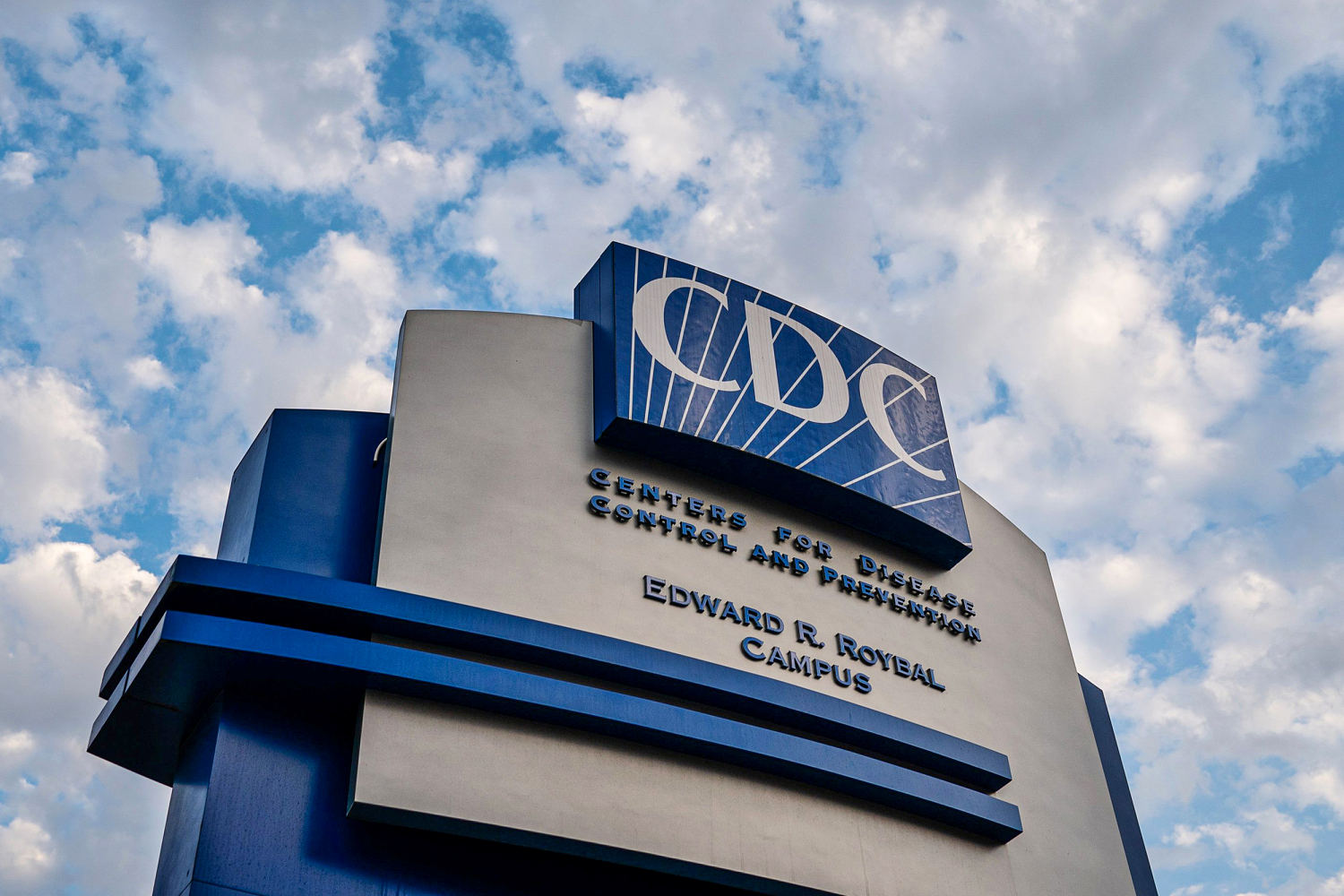
Nearly all scientific communications from federal health agencies, including the National Institutes of Health and the Centers for Disease Control and Prevention, have been halted until further notice from the Trump administration through multiple directives.
Dr. Dorothy Fink, President Donald Trump's acting secretary of the Department of Health and Human Services, directed the heads of all federal health agencies in a memo on Tuesday to temporarily stop disclosing information pending a review.
NBC News obtained a copy of the memo, which advises leaders at the CDC, NIH and Food and Drug Administration "not to publicly release any documents" or communications, including regulations and press releases, "until they have been reviewed and approved" by a presidential appointee . "
The memo leaves wiggle room for issuing communications that may be deemed critical health and safety issues.
"The U.S. Department of Health and Human Services has suspended mass communications and public appearances that are not directly related to the emergency or are not important to safeguarding health," the NIH responded in a statement late Wednesday. "This is a short-lived Pause to allow the new team to establish a process of review and prioritization. "
The suspension is effective immediately and will last until February 1.
Communications teams from federal health agencies, including the Centers for Disease Control and Prevention and the Department of Health and Human Services, were informed of the pause during a conference call Tuesday.
"There is a lot of uncertainty right now as this transition occurs," a CDC official said, adding that it was not "completely out of the ordinary" during the transition.
A U.S. Department of Health and Human Services official said the same situation occurred during Trump's first term.
Brief pauses in messaging are not uncommon as the new administration picks up the pace. U.S. Department of Health and Human Services officials noted that small pauses are not concerning, but could become a problem if they last a week or longer.
"We are waiting for the new team to come on board and develop guidance, but we have received little to no guidance," a HHS official said.
The two officials spoke on condition of anonymity because they were not authorized to speak publicly.
One official said the delays could include several reports on avian flu that the Centers for Disease Control and Prevention is scheduled to release on Thursday. This potential reporting gap emerged during an outbreak of avian influenza, also known as H5N1.
A senior CDC press official declined to answer questions about whether the agency's seasonal flu report expected to be released Friday will be released.
Instead, press officials referred questions to the U.S. Department of Health and Human Services, which has not yet responded to a request for comment.
Similar requests to the CDC and FDA went unanswered.
On Wednesday, NIH staff received an email saying all government travel has been suspended until further notice "based on guidance from HHS."
"Staff currently traveling on government official business can complete their trip as long as they do not attend, but must return to their original point of departure," the email shared with NBC News reads. "Future requests for any reason will not be honored. Authorization.”
Also on Wednesday, some scientists took to social media to express displeasure over the NIH's halt in approving research grants through its review panels, known as research divisions. It was unclear whether the move was part of a communications pause from the U.S. Department of Health and Human Services.
Without funding, scientists can't start any new research on anything from asthma and pediatric cancer to COVID-19 and Ebola. NIH awards more than 60,000 grants each year, supporting at least 300,000 researchers.
The National Institutes of Health did not immediately respond to questions about research funding.
The suspension of public communications was first reported by The Washington Post on Tuesday.